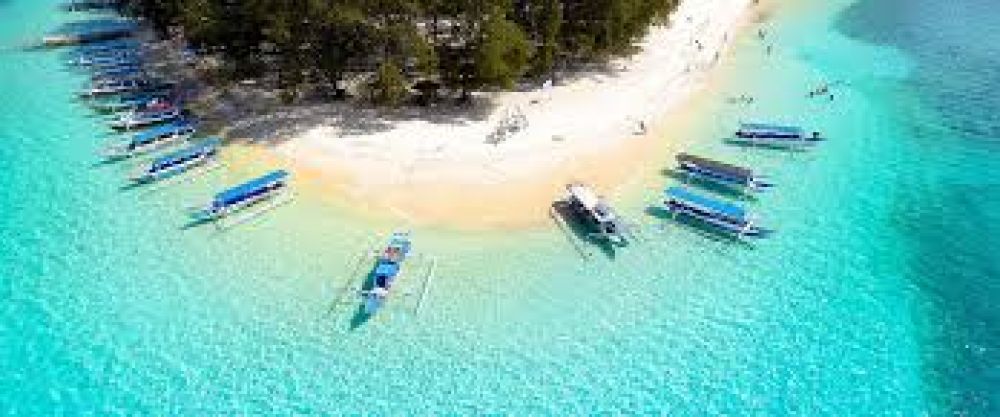

Lombok, an island in the West Nusa Tenggara province of Indonesia, is often seen as Bali’s quieter sibling. Despite its proximity to the famously bustling tourist hub of Bali, Lombok has developed its own unique sense of charm and appeal over the years. The history of Lombok's tourism can be traced back over several decades.
Tourism in Lombok started to develop in the late 1980s and early 1990s, when travelers began to seek out new destinations in Indonesia. Mataram, the capital and largest city of the province, slowly became the administrative and cultural heart of the island, but it was the natural beauty of Lombok itself that drew tourists. The white sandy beaches, clear turquoise waters, and the majestic Mount Rinjani all began to receive international attention.
During the 1990s, Lombok was marketed as the "Bali alternative". Many who had already visited Bali or who were looking for a more serene experience started to venture to Lombok. It became known for its surfing spots, diving sites, and the laid-back Gili Islands, with their promise of a tranquil getaway.
In the early 2000s, a concerted effort was made to develop Lombok's tourism infrastructure. The opening of the new Lombok International Airport in 2011 was a game-changer, improving accessibility to the island. New roads, resorts, and hospitality training schools were established, which not only contributed to the growing interest but also provided employment opportunities for the local population.
Lombok has established itself as an eco-tourism destination, with many resorts focusing on sustainability and inviting tourists to engage with the local environment responsibly. There's a growing interest in homestays and community-based tourism, which allows visitors to experience authentic Lombok culture and contribute directly to the local economy. Adventure tourism is also a significant part of Lombok’s appeal, with trekking, mountain biking, and paragliding being popular activities.
Like many global destinations, Lombok's tourism sector was hit hard by the COVID-19 pandemic, with travel restrictions causing a sharp decline in foreign tourists. The local government is focusing on domestic tourism to help revive the industry and is taking steps to ensure health and safety standards are prioritized as international tourism slowly resumes.
As Lombok continues to look ahead, the trend is towards more sustainable and culturally-oriented tourism. The island's breathtaking landscapes, the richness of its local Sasak culture, and a new push towards wellness retreats are ensuring that tourism in Lombok (Mataram) remains vibrant and continues to evolve.
Visitors to Lombok are encouraged to respect the local customs and traditions, as Lipton’s cultural heritage is a significant part of its charm. By doing so, not only do they enrich their travel experience but also support the responsible growth of tourism in this stunning Indonesian destination.